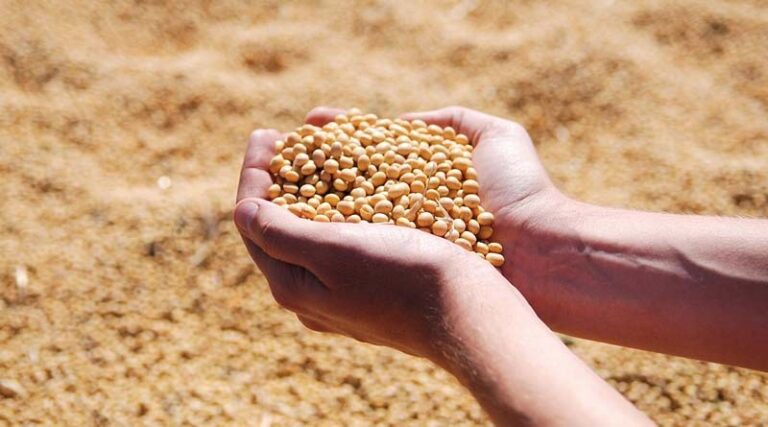
Why India’s Edible Oil Industry Must Modernise to Cut Imports and Boost Farmer Incomes
27 October 2025, New Delhi: The edible oil industry stands at a strategic crossroads. Current processing inefficiencies, heavy reliance on cheap imported raw material and limited integration with farmer supply chains have amplified India’s dependence on global markets. The Kisan-Vigyan Foundation’s white paper Edible Oil – Strategising for 2047 presents a case that industry modernisation is indispensable not only for commercial competitiveness but also for national food and nutritional security.
Processing, recovery and competitiveness
Large segments of the processing sector still use antiquated expellers and ghanis with low oil-recovery rates. Modern solvent extraction plants are concentrated in a few states, leaving many producing regions underserved. This mismatch results in suboptimal recovery, higher losses, and lower farmer realisations. Investing in high-recovery plants, decentralised extraction units and cold-chain infrastructure will increase oil availability from the same quantum of seed and improve margins for both industry and farmers.
Industry incentives and product reformulation
Industry purchasing choices have driven demand toward cheaper palm and soybean refined oils, which have lower per-litre costs and higher shelf stability. This trend has nutrition and farmer-income implications. Industry players can play a proactive role by reformulating processed foods to incorporate healthier indigenous oils and by supporting traceability and branding that reward domestic producers. Clear labelling standards and voluntary reformulation agreements with the government can align commercial incentives with public health goals.
Strategic Reference
The recent Minimum Support Price (MSP) increases across oilseed crops are relevant for industry planning because they affect input costs and sourcing strategies. The table below reproduces MSP levels alongside growth percentages:
| CROP | MSP 2024-25 (₹/quintal) | MSP 2025-26 (₹/quintal) | INCREASE (₹) | GROWTH (%) |
| Nigerseed | 8,717 | 9,537 | 820 | 9.41 |
| Sesamum | 9,267 | 9,846 | 579 | 6.25 |
| Soybean (Yellow) | 4,892 | 5,328 | 436 | 8.91 |
| Sunflower Seed | 7,280 | 7,721 | 441 | 6.06 |
| Groundnut | 6,783 | 7,263 | 480 | 7.08 |
Industry must internalise that MSP shifts will affect raw material costs and plan accordingly. Strategic sourcing, investments in contract farming, and support for local extraction units can mitigate cost pressures while strengthening supply resilience.
Public–private partnerships and supply-chain integration
The white paper advocates public–private consortia for both imports and domestic procurement to stabilise prices and ensure long-term supply. Industry participation in edible-oil innovation clusters, co-investment in seed systems, and technical support to FPOs can create a virtuous cycle where farmers increase production and industry secures higher quality local oil in a transparent, traceable manner.
For the edible-oil industry, modernisation is not merely a commercial upgrade; it is a strategic contribution to national food security and farmer welfare. By investing in recovery technologies, integrating with farmer organisations, and participating in structured procurement and import consortia, the industry can be a partner in the national mission to reduce import dependence and to achieve a healthier, more self-reliant edible-oil ecosystem by 2047. The Kisan-Vigyan Foundation’s white paper provides a practical roadmap for that transformation.
Download the full white paper on Edible Oil – Strategising for 2047 here to explore the detailed data, scientific insights, and policy recommendations.
About Kisan-Vigyan Foundation
Kisan-Vigyan Foundation (KAKV) is a think-tank created to focus on Food & Feed Security of India and to support policies for the economic welfare of the farmers. The foundation has strong governing council members from core sectors of agriculture to work on fact-based research findings and to raise concerns where necessary.
📢 If You’re in Agriculture, Make Sure the Right People Hear Your Story.
From product launches to strategic announcements, Global Agriculture offers unmatched visibility across international agri-business markets. Connect with us at pr@global-agriculture.com to explore editorial and advertising opportunities that reach the right audience, worldwide.






